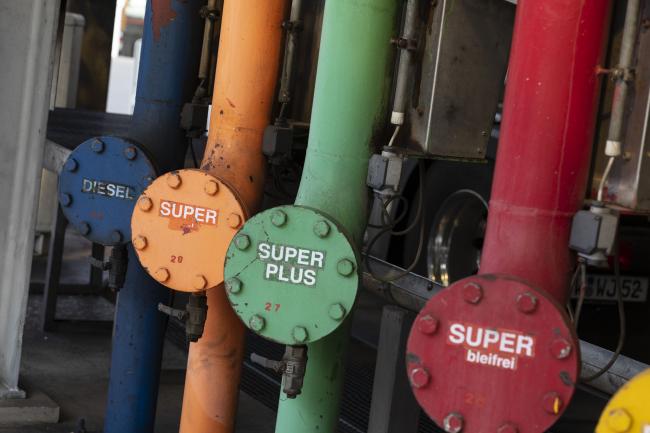(Bloomberg) -- Oil markets were paralyzed on Monday by uncertainty over exactly when global fuel demand will rebound from a pandemic-driven collapse.
Some of the world’s largest oil suppliers are painting a bleak picture for crude demand, with the Organization of Petroleum Exporting Countries cutting the demand estimate for its oil by 1.1 million barrels a day and BP (NYSE:BP) Plc saying the relentless growth in oil demand is over. But U.S. stock markets gained, signaling that investors are seeing an increase in business activity which could buoy demand.
West Texas Intermediate crude for October delivery was virtually unchanged, falling 7 cents to settle at $37.33 a barrel in New York.
“There’s no demand for crude oil and there’s plenty of supply if you actually needed it,”said Bob Yawger, director of the futures division at Mizuho Securities USA. “That’s the killer here.”
Trafigura Group expects the market to return to surplus. Meanwhile, Citigroup Inc (NYSE:C). analysts expect global refinery utilization may stay around 75% until early 2021 to clear the ongoing surplus in gasoline and distillate inventories.
Oil has erased much of its gains from the summer as the coronavirus pandemic surges worldwide, clouding the outlook for a sustained demand rebound as global virus cases top 29 million. Nigeria’s crude, often viewed as a bellwether for the wider global oil market, is again selling slowly as traders report lackluster demand for the grades. On the supply side, compliance with OPEC+ output cuts may be an issue during talks this week after new signs of exporters reneging on the deal.
“The sentiment has shifted from positive to negative,” said Giovanni Staunovo, an analyst at UBS Group AG (SIX:UBSG) in Zurich. “Concerns on a stalling oil demand recovery and concerns of cheating OPEC members have been a drag on oil prices. The oil demand recovery is still taking place -- it’s just uneven.”
Brent for November settlement declined 22 cents to $39.61 a barrel.
A widening contango in Brent crude is also heightening concerns about over-supply. Iraq has cut pricing for all of its crude grades to Asia and the U.S. for October following similar curbs by Saudi Arabia and other Gulf producers as demand stalls.
“It almost guarantees you’re going to start racking up some big storage builds in weeks to come,” Yawger said.
Even BP’s most bullish scenario sees demand no better than “broadly flat” for the next two decades as the energy transition shifts the world away from fossil fuels, according to a report from the company. Vitol Group, however, predicts there will be 10 years of growth before a steady decline.
In the U.S., Gulf Coast oil producers and refineries have begun preparing for Hurricane Sally. Phillips 66 (NYSE:PSX) has started a shutdown of its Alliance refinery in Louisiana and Royal Dutch Shell (LON:RDSa) Plc has curtailed operations at three Gulf of Mexico platforms.
(A previous version of this story corrected the day in the first paragraph.)
©2020 Bloomberg L.P.
